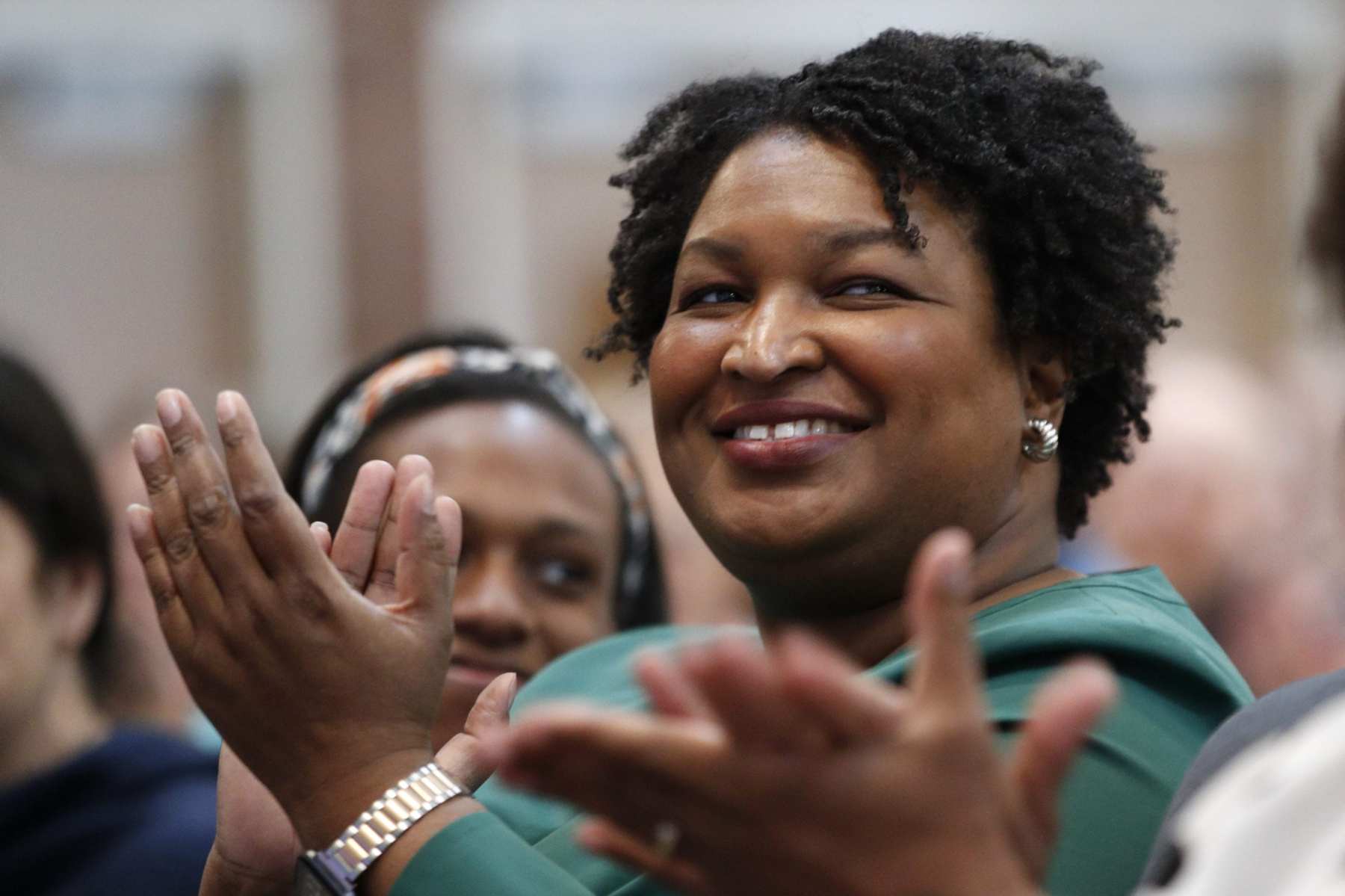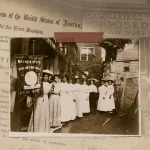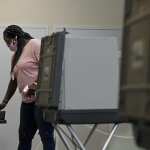This month marks the centennial of the ratification of the 19th Amendment, but Stacey Abrams says we need to understand for whom that right to vote was intended. In a conversation with Editor-at-Large Errin Haines, part of The 19th Represents Summit, the voting rights activist outlined the unequal history of voting rights in the United States.
“The Declaration of Independence was a wonderful premise, but the Constitution did not pretend to actually take it into consideration,” said Abrams, the former minority leader in the Georgia House of Representatives and the first Black woman to be on the major-party ticket in a U.S. gubernatorial race. “African Americans, Blacks were considered subhuman. Native Americans were actually excluded in their entirety. And women were silent.”
The 15th Amendment granted Black men the right to vote. The 19th Amendment granted the same right to White women, she said, but it wasn’t until the Voting Rights Act was signed in 1965 that women of color (who spoke English) were included. It wasn’t until 1975 that the Act was expanded, removing literacy and English language tests. This provided many Latinos, Native Americans and Asian Americans access to the polls.
However, in 2013, the Supreme Court eviscerated the Voting Rights Act, continuing a pattern of voter suppression and a steady erosion of access to the right to vote, Abrams said.
“What we’re watching in 2020 is the pinnacle of this attempt to suppress the right to vote through misinformation, through exclusion, through malfeasance and sometimes through incompetence,” she said.
And the pandemic is complicating an already fraught process. Abrams said there is still time for Congress to pass legislation to scale the necessary infrastructure for people to vote safely. She argued that voting by mail needs to be more accessible across the country, and people need to have the option to vote early.
“In the midst of the Civil War, we had elections,” Abrams said. “In the midst of the Spanish flu, we had elections. And so calamity, catastrophe and incompetency should not be sufficient to block the execution of elections.”
Despite ample evidence that Black people face the longest lines at the polls and have two times the rejection rates of absentee ballots, Abrams said she is seeing record numbers of Black voters.
When asked about presidential candidate Joe Biden’s choice for vice president, Abrams said it would be a good idea for him to pick a Black woman as the nominee.
“I believe diversity in action is a good,” Abrams said. “It is a wonderful thing to say we want, but it is better when we can see it done.”
When she ran for governor in Georgia, Abrams said female constituents often told her that she wasn’t electable because she was a Black woman — a notion she vehemently rejects. The undercurrent of electability asks whether someone has a right to a position. She argued that someone is electable if they can win, and they can win if they are given a chance to run.
“There’s a proverb that says women hold up half the sky,” Abrams said. “If we’re going to do our part of holding up the sky, we deserve to get the title and the opportunity to live and do the work.”





